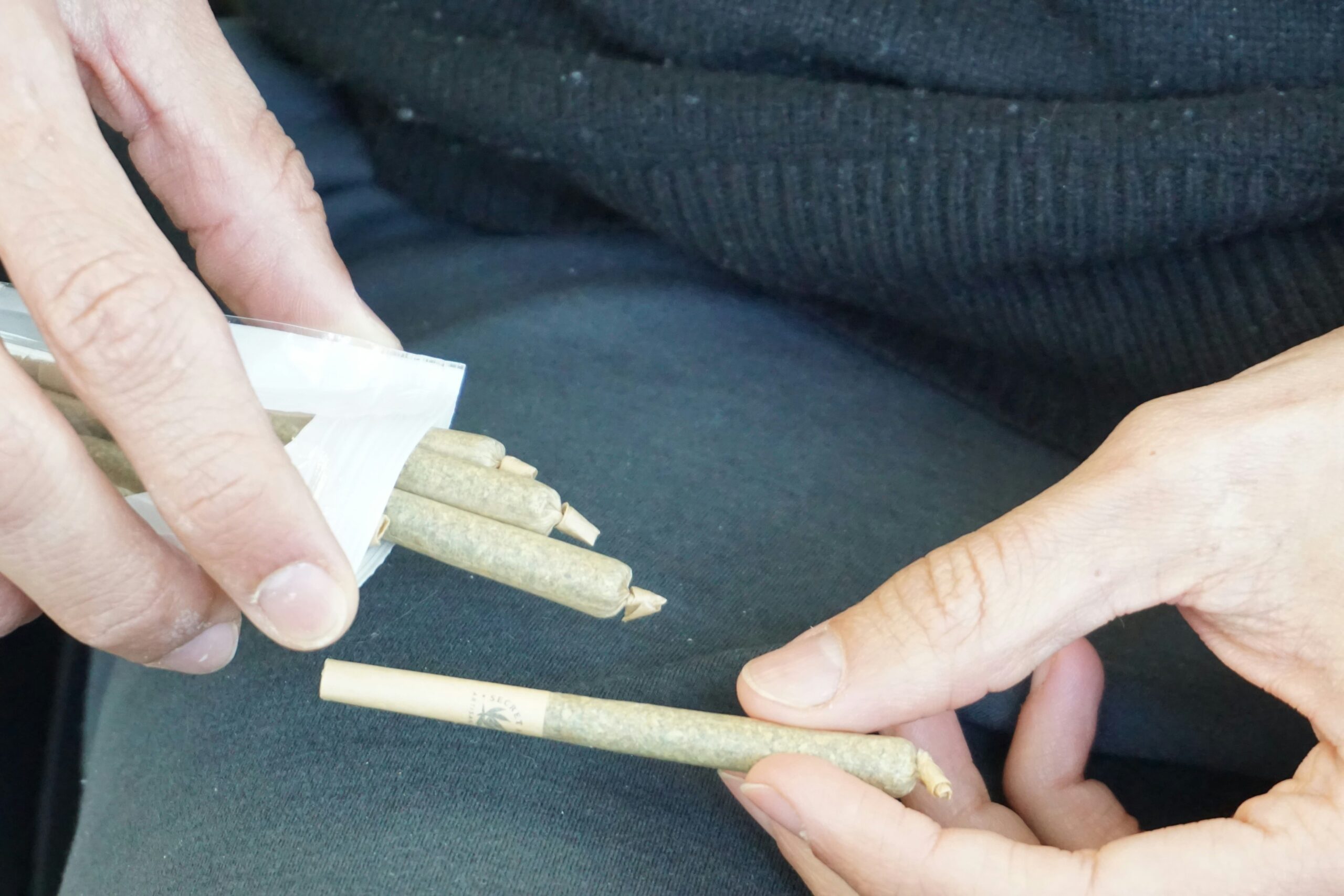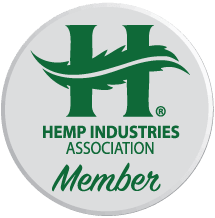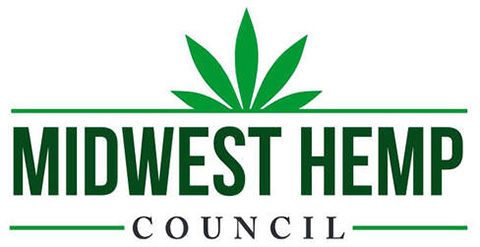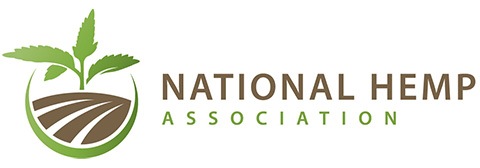
New and innovative products have been the norm in the hemp industry over the past several years. A review of product offerings derived from hemp that are available to consumers has introduced a complex landscape of isomers, compounds, and infusions.
THCa is one of the compounds that can be found being marketed to consumers across the U.S.. In its unprocessed form, tetrahydrocannabinolic acid (THCa) lacks psychoactive properties. It is a naturally occurring cannabinoid found in raw cannabis flower. Consuming products containing raw THCa or ones that are THCa-infused, such as gummies, may cause adverse side effects in individuals that have a sensitivity to products containing THC.. But when heating, smoking, or vaping hemp flower that contains heightened levels of THCa, a process known as decarboxylation occurs, where the THCa undergoes a chemical transformation into the psychoactive compound delta-9 THC.
Lately, there has been an influx of smokable hemp flower products to reach consumers. Some of the products are sprayed with a distillate, such as HHC distillate or delta-8 THC distillate. The buds can also be rolled in “kief”, a powder-like substance made up of the crystalline trichomes that cover the buds, to create products marketed most commonly as “moon rocks”. Smokable hemp flower with high concentrations of THCa are also a very popular product offering.
Hemp Benchmarks surveyed 20 hemp cultivators that are growing and selling THCa flower across the United States to learn more. The majority of the cultivators grow and sell their products in states that do not have legal cannabis markets. Again, these states often do not have cannabis laws that permit medical or adult use cultivation and sale of cannabis, yet licensed hemp farmers are cultivating and selling smokable hemp flower with very high concentrations of THCa, and a very low barrier to entry regarding licensing and regulations. The per pound price that THCa hemp flower is demanding is equal to or higher than nearly half of the 22 state cannabis markets tracked by the weekly Cannabis Benchmarks Wholesale Spot Price Index for cannabis flower.
A large percentage of the cultivators we surveyed that are growing and selling THCa smokable hemp flower use indoor facilities to propagate their crop. Roughly a quarter of them also use greenhouse, or mixed light, facilities as well. Only a small percentage grow hemp with the intent of cultivating a high THCa flower in entirely outdoor conditions. Cultivating in indoor and greenhouse environments has a higher cost of production than growing in outdoor environments, due to additional costs associated with lighting, temperature and humidity control, and infrastructure. These factors are also reflected in the price per pound received for indoor and mixed light cultivated flower, as they do in the legal cannabis markets.
For indoor grown THCa hemp flower, asking prices ranged from $700 per pound on the low end up to $1,900 per pound on the high end. The data we collected from our survey respondents places an average price for indoor cultivated THCa hemp flower at $1,343 per pound. That price is higher than the current state wholesale spot price index of 10 of the 22 legal cannabis states tracked by Cannabis Benchmarks. The THCa percentage for indoor grown flower ranges from 22% to 40%. The average indoor grown THCa hemp flower price per pound represents a premium of 77% relative to the February 2024 indoor grown CBD hemp flower price assessment.
For greenhouse and mixed light grown THCa hemp flower, asking prices ranged from $600 per pound to $1,400 per pound, with an average price of $823 per pound. The THCa percentage of these product offerings were between 21% and 35%. The average greenhouse grown THCa hemp flower price per pound represents a premium of 64% relative to the February 2024 greenhouse grown CBD hemp flower price assessment.
[Editor’s Note:The legality of THCa products is a complicated matter. This commentary and analysis does not address any of the considerations, both at the federal and state levels, that exist pertaining to THC compounds.]


